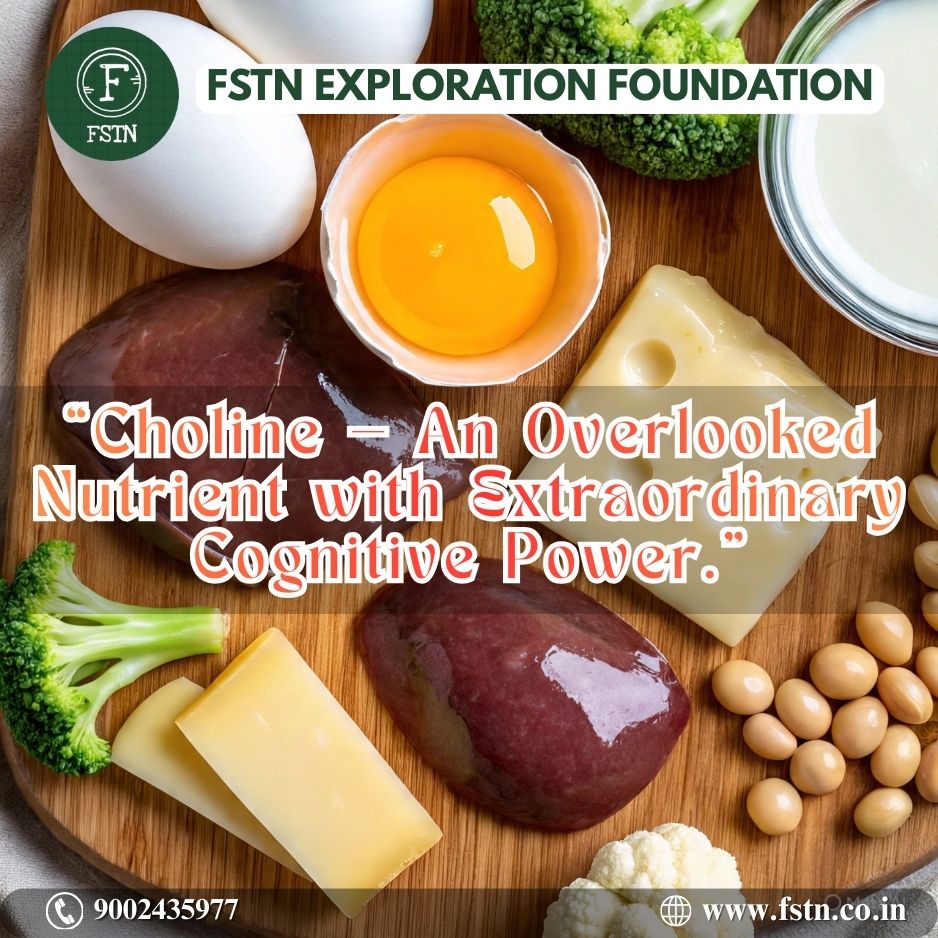Imagine if
your diet plan wasn’t copied from a celebrity or fitness influencer—but written
by your own DNA. Welcome to the fascinating world of Nutrigenomics, where
science meets your plate and your genes become your personal nutritionist. This
groundbreaking field decodes how food interacts with your genes and how your
genetic makeup determines your body’s response to nutrients.
The Science Behind the Bite
Every cell
in your body carries a genetic code—your DNA, which acts as a biological
instruction manual. Nutrigenomics dives deep into this manual to understand how
genes influence metabolism, nutrient absorption, and disease risk. For example,
some people have genetic variants that make them process fats efficiently,
while others may struggle, leading to higher cholesterol. Likewise, one person
might thrive on a high-protein diet, while another might feel fatigued or gain
weight from the same plan.
This field
doesn’t just ask what you eat—it asks how your body interprets what you eat.
That’s a revolutionary shift from one-size-fits-all diets to personalized
nutrition.
When Genes Meet Food
Consider
caffeine sensitivity. Some people can sip four cups of coffee a day and sleep
peacefully, while others get palpitations from a single espresso. The
difference lies in a gene called CYP1A2, which affects caffeine metabolism.
Similarly, the MTHFR gene influences how effectively your body uses folate a
key vitamin for energy and DNA repair. Knowing such details helps you tailor
your diet to your biology, not trends. Some other examples,
- Lactose Intolerance – The LCT Gene: Some people can enjoy milk without trouble, while others experience bloating or discomfort. This depends on variations in the LCT gene, which controls lactase production — the enzyme needed to digest lactose in dairy products. Those with a less active form of the gene may need lactose-free milk or plant-based alternatives.
- Salt Sensitivity – The ACE Gene: For some, adding a little extra salt hardly matters, but for others, it raises blood pressure quickly. This difference is linked to the ACE gene, which influences how the body regulates blood pressure in response to sodium intake.
- Omega-3 Fat Metabolism – The FADS1 Gene: The FADS1 gene affects how efficiently your body converts plant-based omega-3s (from flaxseeds or walnuts) into the active forms (EPA and DHA) found in fish oil. People with a less efficient variant may benefit more from direct sources like fatty fish or supplements.
- Gluten Sensitivity – The HLA-DQ Gene: Variants in the HLA-DQ2 and HLA-DQ8 genes can make individuals more prone to celiac disease or gluten intolerance. For them, avoiding wheat, barley, and rye is crucial for digestive health and nutrient absorption.
- Vitamin D Activation – The CYP2R1 Gene: Some people have genetic variations that make it harder to convert sunlight or dietary vitamin D into its active form. These individuals might need more sunlight exposure or fortified foods to maintain optimal vitamin D levels.
With
nutrigenomic insights, your diet can be as personalized as your
fingerprint—helping you prevent diseases like diabetes, obesity, or heart
disease before they even appear.
The Future of Personalized Nutrition
Nutrigenomics
is more than a scientific trend—it’s a nutritional revolution. By merging
genetic testing with dietary science, it empowers you to make smarter food
choices. Imagine knowing precisely which foods fuel your body best, which
nutrients you’re deficient in, and which ones you should avoid—all backed by
your genes.
However,
it’s not magic—it’s data-driven self-care. Your genes set the stage, but
lifestyle, stress, and environment still play their parts.
The Takeaway
Nutrigenomics
whispers what your genes have always known—nutrition isn’t universal; it’s
personal. As science continues to unlock the code between food and genes, one
truth stands tall: the key to health might not be found in a new diet plan, but
in your very own DNA.
Eat smart.
Eat by your genes.



